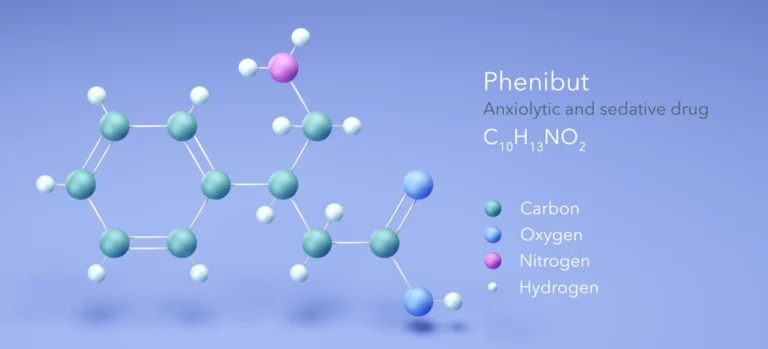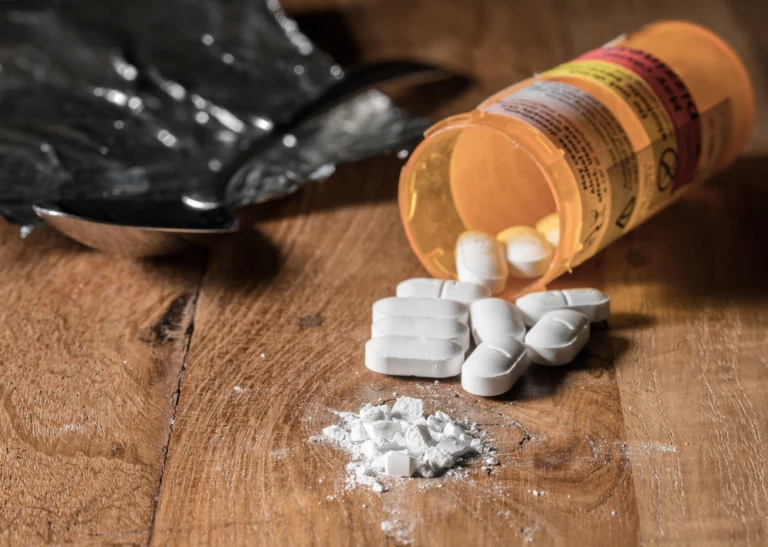If you want to know why is meth so addictive, don’t click away! From an outside perspective, it might be difficult to understand why someone might use or become addicted to illicit and prescription substances. This can make it hard to empathize with a loved one, family member, or friend, and in some cases, an outside point of view is the only thing that can help someone turn away from substance use or seek help for meth addiction.
This article uses six evidence-based reasons to explain why meth is so addictive, covering its cost, length of effects, chemical activation, how it affects certain users, availability, and what medications are used to counter addiction.
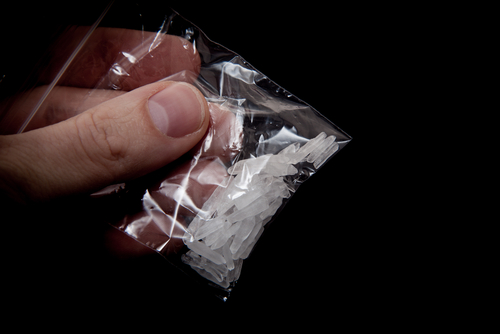
What Is Methamphetamine?
Methamphetamine, also known as meth, crank, speed, and crystal, is a powerful and highly addictive central nervous stimulant. Along with amphetamines, methamphetamine increases the release of the neurotransmitters dopamine, norepinephrine, and serotonin and activates the cardiovascular and central nervous systems. This increases your heart rate, breathing rate, and energy and induces a sense of invincibility and euphoria. However, at comparable doses, greater amounts of meth reach the brain than amphetamines, making it stronger than Adderall, Ritalin, Vyvanse, and other prescription stimulants.
Meth is illegally sold as white, odorless, and bitter-tasting crystalline powder or glass-like, shiny “rocks.” Meth is also found in Desoxyn, the only FDA-approved medication containing 5 mg of methamphetamine. Despite its low dosage, this prescription medication is rarely prescribed due to its high potential for abuse.
According to the latest National Survey on Drug Use and Health, 2.7 million Americans used methamphetamine in 2022, and 1.8 million met the criteria for a meth use disorder, also known as a psychostimulant use disorder. These numbers can seem strange to people who haven’t used meth, thinking about the countless anti-drug campaigns, slogans, awareness videos, and photos of side effects and withdrawal symptoms of meth use. Unfortunately, turning away from a substance like meth isn’t as easy as you might think.
Why Is Meth So Addictive?
There are six reasons why meth is one of the most addictive substances in the US.
#1 Meth is less expensive than other stimulants
Meth sold on the street is typically cheaper than other illicit and prescription stimulants. For example, an 8-ball of meth (3.5 grams) costs around $40 to $60, while an 8-ball of cocaine costs around $100 to $160. Without insurance, prescription stimulants like Adderall can cost more than $300 for 30 20 mg tablets ($11 per tablet). On the street, it’s sold for double that price, typically around $20 per tablet. Most drug dealers don’t usually have or sell 30-count pill bottles, forcing buyers to cough up large amounts of cash or buy cheaper substances like meth.
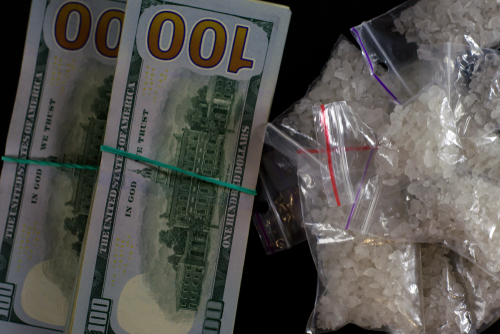
#2 Meth’s effects last longer than other stimulants
Once snorted or injected, the effects of methamphetamine can last up to 12 hours, whereas the same amount of cocaine can last between 15 to 30 minutes, and an immediate-release tablet of Adderall only lasts 4 to 6 hours. Additionally, Most stimulants place a lot of physical and mental stress on the body, and users typically experience a “crash” once their effects begin to fade, requiring them to take more to continue the high. Because of meth’s costs and long-lasting effects, it makes it an easier choice for people looking to get high fast.
Read more: Booty Bumping Meth: Risks, Short-term, & Long-term Effects
#3 Meth targets neurotransmitters better than other stimulants
Stimulants like cocaine typically prolong dopamine actions in the brain by preventing it from returning to the body (reuptake), similar to how selective serotonin reuptake inhibitors (SSRIs) like Lexapro and Prozac function. However, methamphetamine blocks the reuptake of dopamine and increases dopamine levels by redistributing neurotransmitters from other parts of our body to the brain. Because dopamine is tied to the reward system, the body links meth use to instant pleasure and satisfaction, similar to feelings experienced with food, sex, and exercise.
#4 Meth’s effects are more appealing to individuals with certain mental health disorders
Meth’s ability to increase attention, energy, and motivation makes it chemically appealing to individuals with mood and neurodevelopmental disorders, including ADHD, bipolar disorder, depression, schizoaffective disorder, and post-traumatic stress disorder. These co-occurring disorders can exacerbate or mask each other, making it hard for the individual and others to fully realize the scope of their conditions.
This can lead to untreated and harmful side effects, including dental issues (meth mouth) from dehydration and smoking, skin infections and abscesses (pockets of pus) from injecting, weight loss, malnourishment, organ damage, heart attacks, strokes, and brain damage. Additionally, mental health disorders predisposed to psychosis, such as schizophrenia, can suffer from worsened paranoia, hallucinations, aggression, and agitation.
Read more: Meth Slamming: Side Effects, Crashing, & Harm Reduction
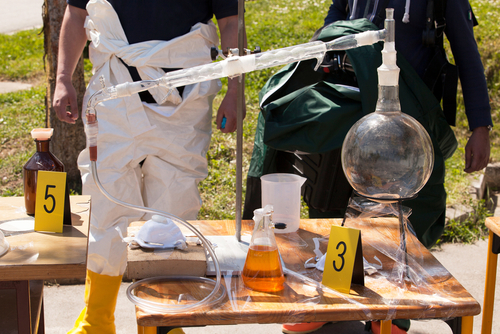
#5 Meth is widely available
Meth is chemically manufactured in small illegal laboratories using combinations of legal chemicals and substances, including red phosphorus, hydrochloric acid, and lithium metal. However, the US government and FDA track the influx and transfer of suspicious chemicals, banning or controlling them when they realize they’re used to manufacture drugs. Unfortunately, meth labs and distributors are familiar with bans and restrictions and adapt switching to other chemicals or ordering them from overseas. Unlike medications, meth sold on the street doesn’t require a prescription or approval from insurance.
#6 There are no medications available to help meth use disorder
Unlike opioid use disorder and alcohol use disorder, which can be treated with Suboxone and benzodiazepines respectfully, there are no specific medications that can treat meth use disorder. While in addiction treatment or detox, there’s a high risk of further abuse if an individual is prescribed a stimulant to compensate for the effects of meth. Most addiction and detox facilities prohibit the use of prescription medications during treatment. However, several studies are exploring the use of bupropion (Wellbutrin) and naltrexone (Vivitrol) to treat methamphetamine use disorder, displaying positive but less-than-desired results.
Meth Addiction Treatment In Knoxville, TN
If you or someone you know is struggling with meth addiction, contact Knoxville Recovery Center in Tennessee. All of our therapists, behavioral technicians, nurses, and addiction specialists have years of experience helping individuals with meth use disorders and underlying mental health conditions. When you call or submit a form, our admissions agents can walk you through the entire process, from the intake process to the eventual aftercare plan. Don’t let meth addiction overtake you or a loved one’s life. Call today, and start on the right path to recovery.



